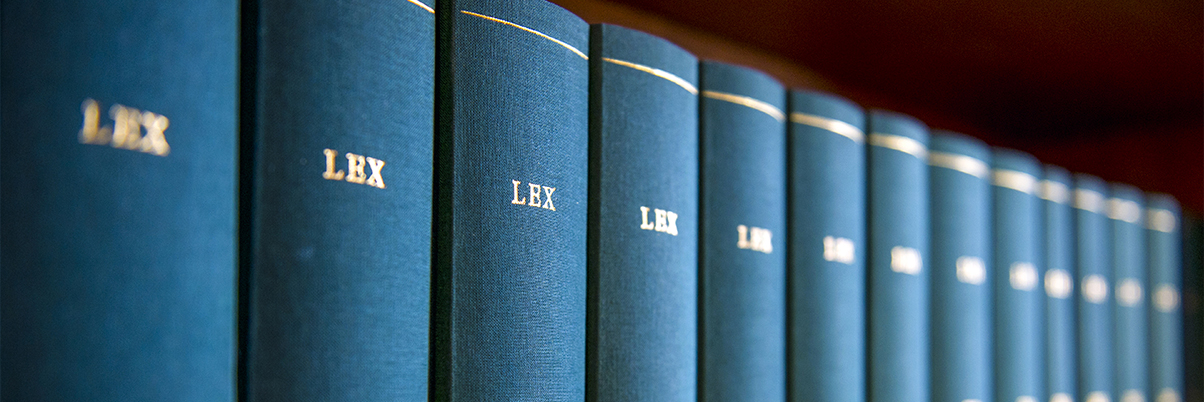Inventor’s Purchase Order to Supplier May Place Invention On Sale
August 15, 2013 | Intellectual Property NewsThe patent statutes provide that an invention cannot be patented when the inventor has placed the invention on sale more than a year before the filing date of the patent application. The so-called “on-sale bar” is clearly applicable when an inventor manufactures an item and sells it directly to others, but its application is less obvious when the inventor does not make or sell the item, and instead buys a quantity of it from a supplier. In a recent decision, the court held that the invention is on sale—and the patent will be barred—in such cases.
The on-sale bar applies when two conditions are satisfied before the “critical date,” which is typically one year before the patent application filing date: (1) the claimed invention must be the subject of a commercial offer for sale; and (2) the invention must be ready for patenting. An invention is on sale when there is an offer to sell that is sufficiently definite that another party could make a binding contract by simple acceptance. An invention is “ready for patenting” when prior to the critical date: (1) the invention is reduced to practice; or (2) the invention is depicted in drawings or described in writings of sufficient nature to enable a person of ordinary skill in the art to practice the invention.
In Hamilton Beach Brands, Inc. v. Sunbeam Products, the Federal Circuit Court of Appeals confirmed that there is no “supplier exception” to the on-sale bar. Hamilton Beach had issued a purchase order to a supplier for a specific quantity (in this case, 2000 units) of slow cookers in a document that included price, part number, quantity, and delivery dates. Because the communication was one that could be simply accepted, it was sufficient to place the invention on sale even though it was a sale to the inventor rather than from the inventor.
The court left open the possibility that a lesser quantity might not trigger the on-sale bar, particularly where the nature of the purchase is a genuine experimental use rather than a commercial transaction. Nonetheless, it would be prudent to assume that a purchase from a manufacturer will trigger the on-sale bar, and therefore to file patent applications quickly enough thereafter to avoid the bar.

